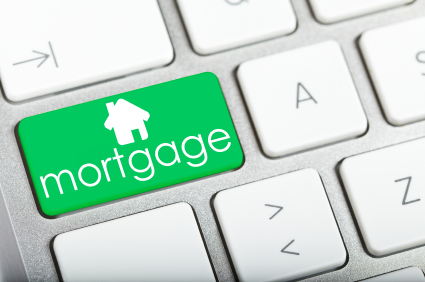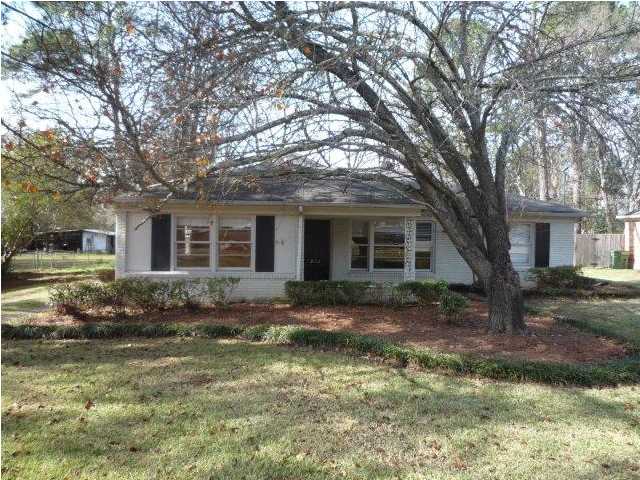Wednesday, January 27, 2016
by The Hat Team

The headline from Realtor.com for its Housing State Of the Union is “We’re Back, Baby!” 2015 was a great year of growth and improvement—one that sets the stage for a return to normalcy in the months and years ahead.
Here are highlights from the report which is bases on data through November 2015:
- new-home sales were up 13% and existing-home sales were up 7%
- strong household formation (1.4 million households formed in the past four quarters ending in September)
- year of solid job creation (an average of 210,000 jobs per month through November)
- distressed sales declined
- home prices rose 5% to 7% nationally
- lower inventory levels and faster-moving inventory every month
- affordability remains strong with only marginally higher mortgage rates
See how this relates to our local housing market in 2015…
2015 Midtown Montgomery Real Estate Market Update
Midtown Montgomery real estate sales statistics for the year 2015 show the number of homes sold increased 9.56%. The average sales price decreased by 7.68% to $131,622. The median sales price decreased by 2.25% from the year 2014. Market times decreased by 14 days.
| Midtown Montgomery |
2015 |
2014 |
| Homes Sold |
424 |
387 |
| Average Selling Price |
$131,622 |
$142,574 |
| Median Selling Price |
$114,700 |
$117,339 |
| Days On The Market |
145 |
159 |
| Highest Selling Price |
$900,000 |
$870,000 |
| Lowest Selling Price |
$1 |
$6,500 |
For the latest Midtown Montgomery real estate market conditions in your area, please call me at 800-HAT-LADY or visit HomesForSaleInMontgomeryAlabama.com.
Information is provided by the Montgomery Area Association of Realtors and is deemed accurate but not guaranteed.






.jpg)



.jpg)







